Psychology
-
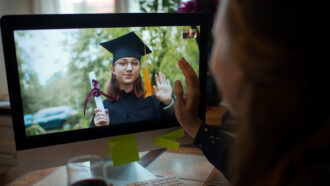 Psychology
PsychologyThe pandemic may be stunting young adults’ personality development
People typically become less neurotic and more agreeable with age. The COVID-19 pandemic may have reversed those trends in adults younger than 30.
By Sujata Gupta -
 Neuroscience
NeuroscienceSleep deprivation may make people less generous
Helping each other is inherently human. Yet new research shows that sleep deprivation may dampen people’s desire to donate money.
By Sujata Gupta -
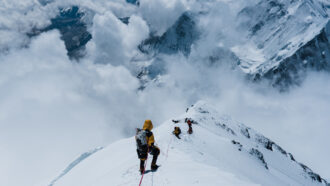 Anthropology
AnthropologyDemond Mullins climbed Everest to inspire more Black outdoor enthusiasts
Mullins hopes his successful Mount Everest summit will encourage more Black people to experience the great outdoors.
-
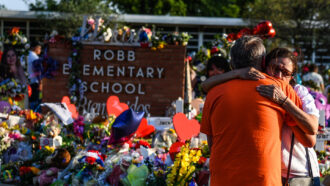 Psychology
PsychologyThe idea that many people grow following trauma may be a myth
Studies of posttraumatic growth are fundamentally flawed and can contribute to toxic cultural narratives, researchers say.
By Sujata Gupta -
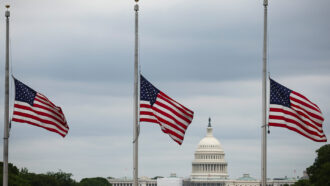 Science & Society
Science & SocietyCOVID-19 has killed a million Americans. Our minds can’t comprehend that number
We intuitively compare large, approximate quantities but cannot grasp such a big, abstract number as a million U.S. COVID-19 deaths.
By Sujata Gupta -
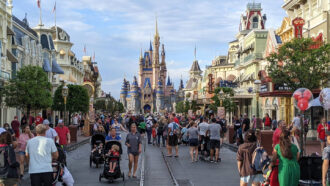 Science & Society
Science & SocietyPressure to conform to social norms may explain risky COVID-19 decisions
As a science reporter covering COVID-19, I knew I should mask up at Disney World. Instead, I conformed, bared my face and got COVID-19.
By Sujata Gupta -
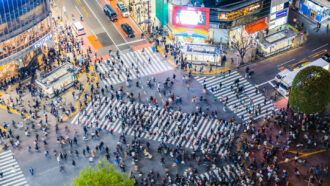 Psychology
PsychologyLatin America defies cultural theories based on East-West comparisons
Theories for how people think in individualist versus collectivist nations stem from East-West comparisons. Latin America challenges those theories.
By Sujata Gupta -
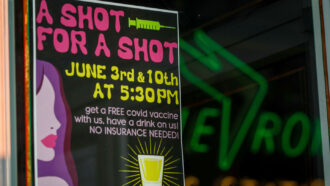 Science & Society
Science & SocietyNudge theory’s popularity may block insights into improving society
Small interventions that influence people’s behavior can be tested. But the real world requires big, hard-to-measure changes too, scientists say.
By Sujata Gupta -
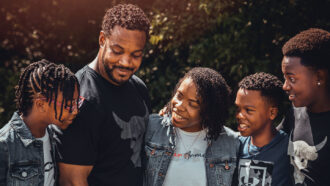 Science & Society
Science & SocietyMilitary towns are the most racially integrated places in the U.S. Here’s why
The military’s big stick approach allowed the institution to integrate troops and military towns. Can the civilian world follow suit?
By Sujata Gupta -
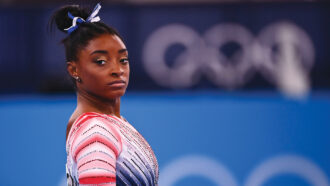 Psychology
PsychologyHow mindfulness-based training can give elite athletes a mental edge
Mindfulness and acceptance and commitment therapy are two types of training psychologists are using to bolster athletes’ mental health.
-
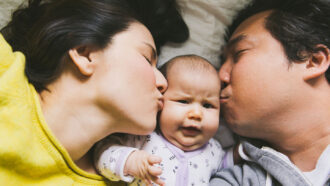 Humans
HumansBabies may use saliva sharing to figure out relationships
Actions like sharing bites of food or kissing may cue young children into close bonds, a new study suggests.
-
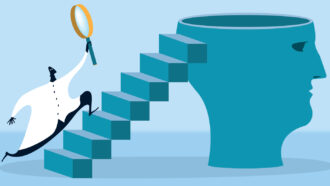 Psychology
PsychologyScientists should report results with intellectual humility. Here’s how
Foregrounding a study’s uncertainties and limitations could help restore faith in the social sciences.
By Sujata Gupta